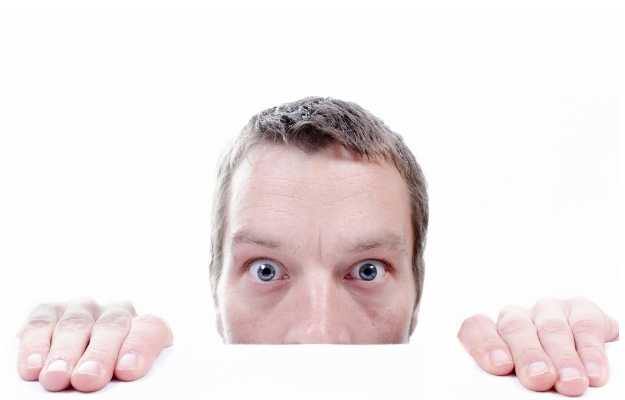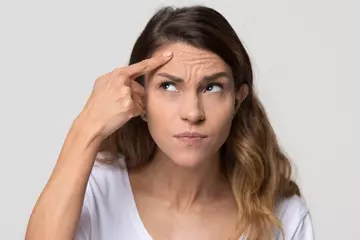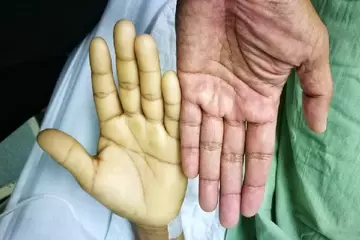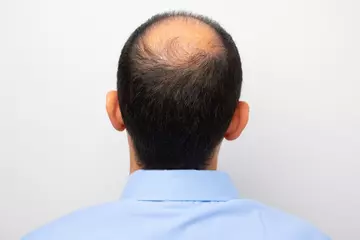Paranoia is a kind of delusional disorder that induces anxious thoughts and a constant feeling of being threatened by something that can harm a person. Such feelings of fear are can be for the patient's life, of being persecuted or of being conspired against.
People living with paranoia may feel they are being watched, followed or have the fear that other people, groups or organisations are out to hurt them. Although grouped under the delusional disorders branch of mental health conditions, paranoia is also a symptom that is common among various mental disorders.
As paranoia can be a symptom of different mental health conditions, it is difficult to gauge the exact burden of this condition in isolation from other mental illnesses. That said, a study published in the American Journal of Psychiatry in 2016 found paranoid personality disorder to be one of the most common types of personality disorders, with a prevalence of between 2.4% and 4.41%.
Previous studies, however, have outlined paranoia in three different mental conditions as far back as 1921, although subsequent studies have considered paranoia to be a part of the schizophrenia spectrum of personality disorders. The American Psychiatric Association's Diagnostic and Statistical Manual of Mental Disorders, also known as DSM, categorised paranoid personality disorder for the first time in its third edition in the 1980s.

 Doctors for Paranoia
Doctors for Paranoia 





































